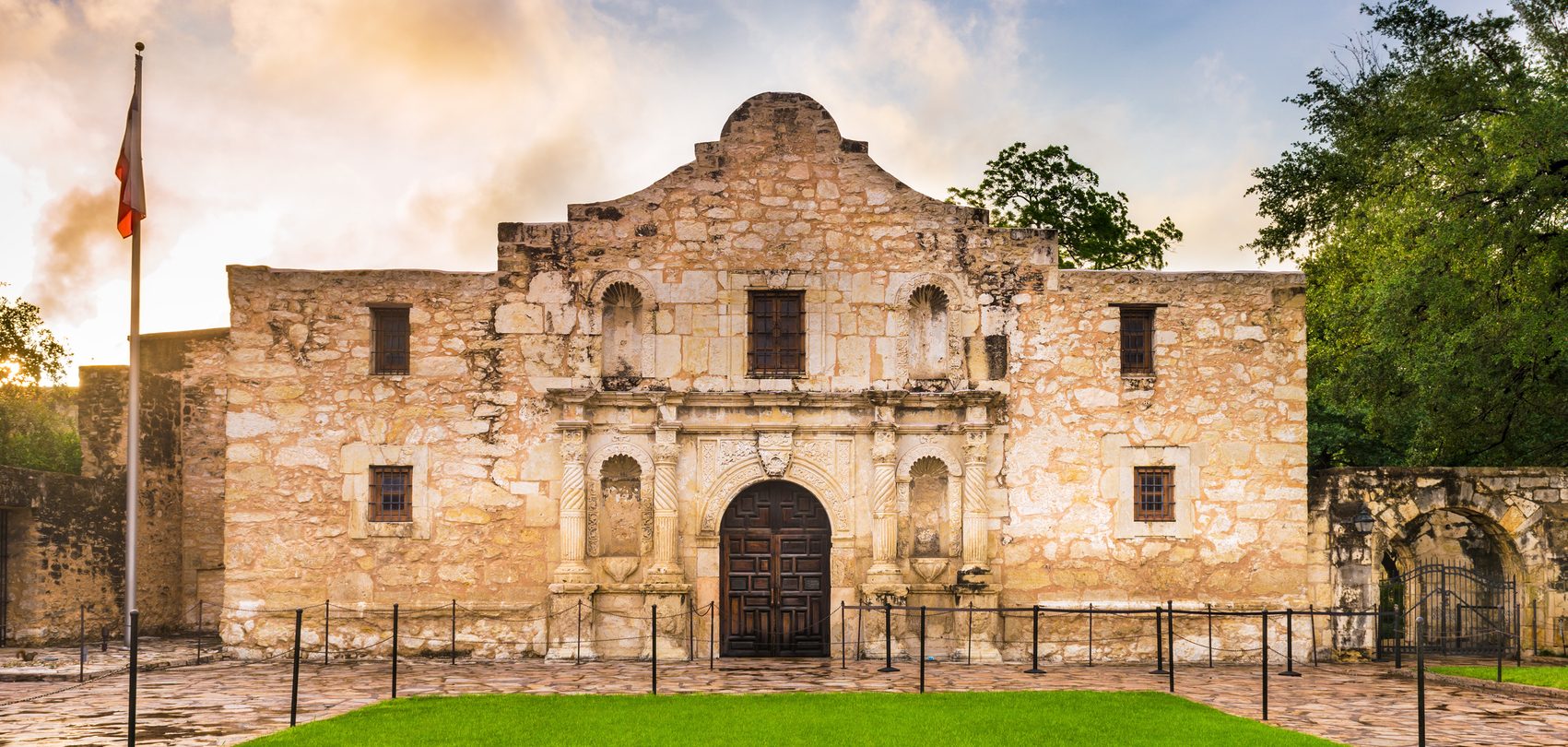We need to do more to protect Americans in cyberspace. Like defenders of the Alamo, consumers and businesses are no match alone for our enemies (foreign and domestic) who freely prowl on our citizens. If border walls are so important to American security and protection of our citizens, then where is the wall in cyberspace?
WWW – Wild Wild West
The Internet is a borderless badland with criminal gangs and state-sponsored terrorists running free and wreaking havoc with total freedom to operate. WWW is a perfect abbreviation for the Wild Wild West of the Internet world today. We are essentially telling citizens how to protect themselves and leaving them to defend their own property.
American businesses and citizens are outgunned, outnumbered and outfunded by organized criminals who dedicate enormous time, talent and money to perfecting their business. Americans can hire gunmen, build walls and fortify their assets but the cost is too high for most and there are no guarantees.
The cyber crimes that are taking place are equal to our enemies coming into town and destroying our city without any repercussions from the American government. They are destroying and stealing our property at will. If a foreign government tried to perform the same acts in the physical world, they would pay the price with a physical response.
Illusion of Freedom
To use an Air Force analogy, our enemies have total freedom to operate in our space. Air Force doctrine dictates that a war cannot be won without controlling the air (cyber) space and having freedom to operate and defend our ground forces.
The freedom we have in Cyberspace is an illusion. Our enemies own the space, pick the targets and launch attacks at will. American citizens are defenseless in the attack and our government simply comes in after and buries the bodies.
Cause for Concern
Our government does a pretty good job of protecting government resources and defending their small portion of cyberspace. That should be more cause for concern for the American public. It is a no-brainer to the military minded to go after the weakest target.
Targeting objectives would be to inflect the most damage with the least amount of effort and reciprocal damage. In a real war effort, why take on hardened military targets when you can inflect more damage by attacking defenseless civilian targets?
We have seen a real adversarial cyberattack. We are being tested and probed to see what tactics can produce the most beneficial outcome. The effects of a serious attack on civilian targets would be devastating and relatively easy to inflict. Our economy is now dependent on businesses’ ability to operate in cyberspace. That makes them a prime target.
I recently had the inconvenience of not being able to put gas in my car because the store’s network was down. I couldn’t even buy something with cash. Think about everything else we do that relies on cyberspace and the potential impact to our lives and economy. Banking, power, gas, healthcare, mass transportation, emergency communication (911), mail and wireless communications are just a few areas that can be targeted to inflict damage.
The Alamo
I cannot help but think about the Alamo Colonel James Bowie pleaded with Texas Governor Henry Smith to provide additional forces to defend Alamo emphasizing its strategic importance. The governor did not send additional forces to reinforce the poorly defended Alamo. The rest is history.
Here we are in 2018 with same cyber infrastructure as the Alamo. It was not designed as a defensive fortress but has significant strategic importance. The enemy is gathering nearby and planning an offensive attack knowing it is poorly defended. There is little to stop them from attacking.
We need rethink how we protect our country in cyberspace. We cannot leave our businesses and citizens defenseless. We cannot allow our enemies free access to attack our internal resources at will. We cannot expect businesses and citizens to defend themselves against sophisticated adversaries. We are outgunned and outnumbered.
We are fighting a losing battle by simply educating citizens and businesses. It is not enough. We cannot defend ourselves in this Alamo.
We Need a Wall
We need a border for our country to defend. A wall to control who enters and who leaves. Other countries have created such cyberwalls. Those concerned about privacy can live beyond the confines and protection of our borders but will not be allowed in without transitioning through border inspection.
Those inside the borders can be afforded protection that they cannot afford on their own. Internal citizens will be protected from sophisticated external enemies while also being protected against internal threats.
Advanced industry topologies could allow for more granular protection. Industries and markets could be separated to make it more difficult to cause damage to multiple industries. This is simply following established best security practices for businesses on a national scale.
I am not saying our government is not doing their job. I am saying, “Remember the Alamo!” Because we need to do more. Our government represents our interests. We need to tell our government that cyberspace defense of America is needed. Defense spending needs to include the defense of citizens and businesses, not just government in cyberspace.
We need to send a message to our government about cyberspace. “Remember the Alamo!”
Matthew Scott Eagles is part of the GovLoop Featured Contributor program, where we feature articles by government voices from all across the country (and world!). To see more Featured Contributor posts, click here.





Leave a Reply
You must be logged in to post a comment.